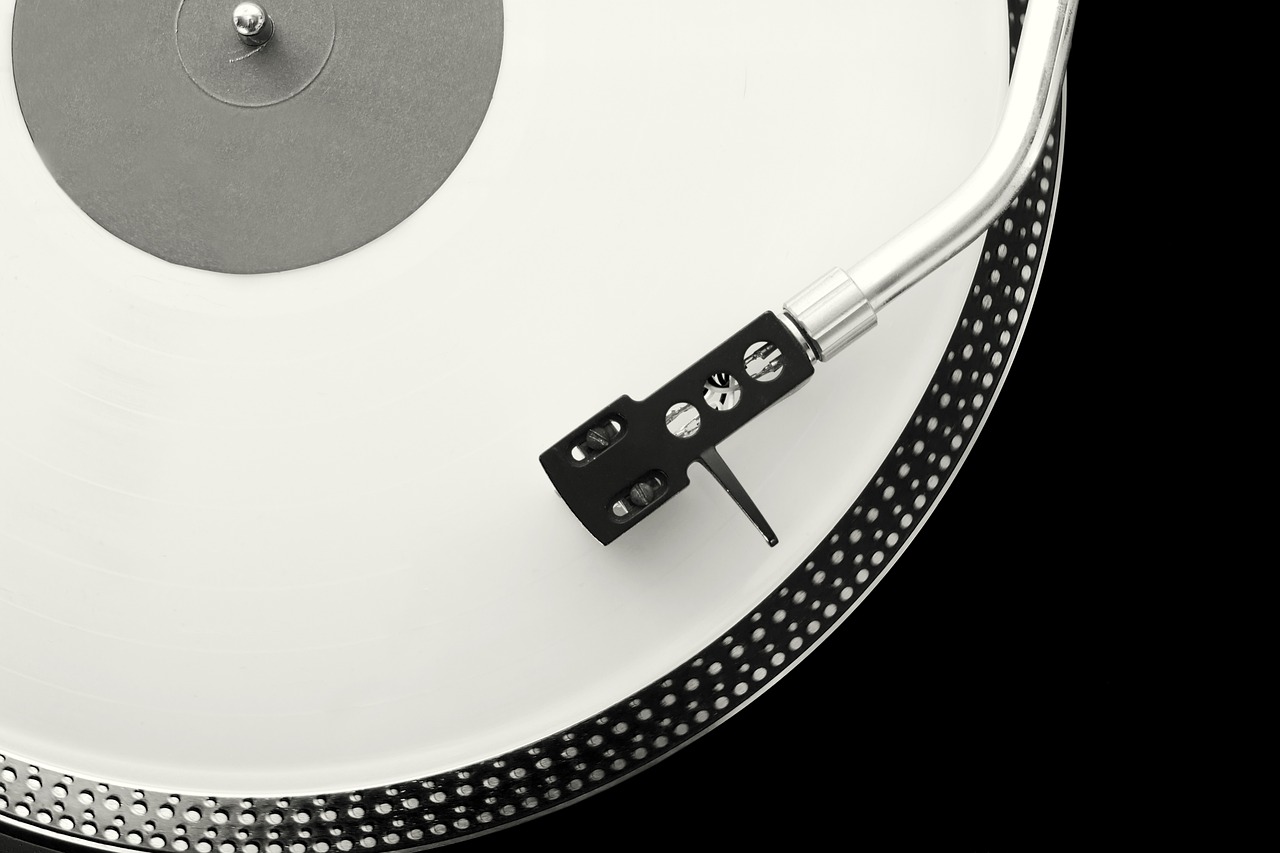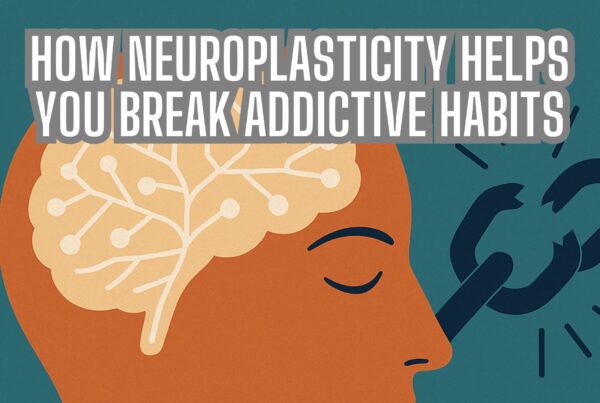The Challenges Around Vinyl Addiction: How Record Collecting Can Become Obsessive
You might’ve seen this title and wondered if vinyl addiction is a real thing. Rest assured, it is (unfortunately) for some people. In this blog, we will explore the challenges around this addiction and how record collecting can become obsessive.
Vinyl Records Have Made a Massive Comback
Vinyl records have made a remarkable comeback in recent years, with sales hitting a 30-year high in recent years. With streaming platforms reducing the amount of CD sales, record labels have found new ways to entice collectors. Ironically, they’ve done this with an old format many considered obsolete. Having successfully brought it back, it isn’t uncommon to see a new release available in multple colour formats and options.
For many people, collecting vinyl records is a hobby that brings joy, nostalgia, and a sense of accomplishment. However, for some, record collecting can turn into an obsession, leading to negative consequences in their lives.
The Appeal of Vinyl Records
Vinyl records have been around for over a century and have played a significant role in music history. The sound quality and physical presence of vinyl records make them a unique and attractive format for music lovers. Vinyl records provide a sensory experience that digital music formats cannot match. For many, collecting vinyl records is a way of reconnecting with the past and the nostalgia of listening to music on a record player. It can become a mindful experience that involves the act of sitting and just being with the music.
For collectors also, having a beautiful 12 inch cover and coloured vinyl is very enticing. Many people take pride in their music collections, allowing it to represent their ‘tribe’.
The Signs of Vinyl Addiction
While collecting vinyl records can be a healthy hobby, it can also become an addiction. The signs of vinyl addiction can be similar to other types of addiction, such as gambling or shopping addiction. Here are some signs that indicate a vinyl addiction:
- Spending excessive amounts of money on vinyl records
- Spending an excessive amount of time searching for vinyl records online or in stores
- Feeling anxious or depressed when unable to purchase vinyl records
- Prioritizing the purchase of vinyl records over other important expenses, such as bills or food
- Difficulty controlling the urge to buy vinyl records, even when it leads to negative consequences
The Psychology of Vinyl Addiction
The psychology of addiction is complex and multifaceted. Many factors can contribute to the development of vinyl addiction, including personal and environmental factors. Vinyl addiction can provide a sense of control and accomplishment, as well as a way of coping with negative emotions, such as anxiety or depression. For some collectors, it helps them to feel closer to their favourite artists. The fear of missing out on those rare items might feel like a reflection of how ‘good’ of a fan they are.
The Negative Consequences of Vinyl Addiction
Like any addiction, vinyl addiction can have negative consequences in a person’s life. The financial strain of vinyl addiction can lead to debt, and the excessive time spent searching for vinyl records can interfere with work or social relationships. Vinyl addiction can also lead to feelings of guilt, shame, and low self-esteem.
Overcoming Vinyl Addiction
Overcoming vinyl addiction requires a commitment to change and a willingness to seek help. The first step is to acknowledge that there is a problem and to seek professional support. Hypnotherapy and mindfulness can be effective in treating addiction by helping individuals develop coping skills and manage their emotions. Cognitive-behavioral therapy can also be useful in helping individuals identify and change negative patterns of thinking and behavior.
Ten Steps To Breaking Vinyl Addiction
If you’re suffering from vinyl addiction, here are 10 steps to help treat the problem.
- Admitting the problem: Acknowledge that there is a problem and that it is negatively impacting your life.
- Identifying triggers: Identify the situations, people, or emotions that trigger the urge to buy records and avoid them or find alternative ways to cope.
- Setting limits: Set a budget for record purchases and stick to it.
- Selling or trading: Consider selling or trading some of the records that are less valuable or that no longer hold a personal attachment.
- Practicing mindfulness: Practice being present in the moment and mindful of the emotions and sensations that arise when the urge to buy records arises.
- Seeking support: Reach out to friends, family, or a therapist for emotional support and encouragement.
- Finding alternative hobbies: Explore other hobbies and interests that provide enjoyment and fulfillment.
- Practicing acceptance: Practice accepting that it is impossible to collect everything, and that not having everything doesn’t mean you’re not a fan.
- Avoiding enablers: Avoid people or places that encourage or enable the addiction.
- Awareness: Ask yourself what is this behaviour doing for you, and if that is actually true.
This Addiction is a Real Problem
Vinyl addiction is a real and potentially harmful problem that affects some individuals who collect vinyl records. While collecting vinyl records can be a healthy hobby, it can also become an addiction that leads to negative consequences. The signs of this addiction include spending excessive amounts of money and time on vinyl records, feeling anxious or depressed when unable to purchase vinyl records, and prioritizing vinyl record purchases over important expenses. Overcoming this addiction requires a commitment to change and a willingness to seek professional support. With the right treatment, individuals can overcome vinyl addiction and enjoy the benefits of collecting vinyl records as a healthy hobby.
Book Your FREE 30 Minute Consultation With Release Hypnosis NOW!
You may also like to read:
How to Change Your Habits: Tips from a Clinical Hypnotherapist
How ACT Can Help With Addiction Issues
Urge Surfing and How Can it Help You Overcome Addiction
Is a Habit the Same as an Addiction?








